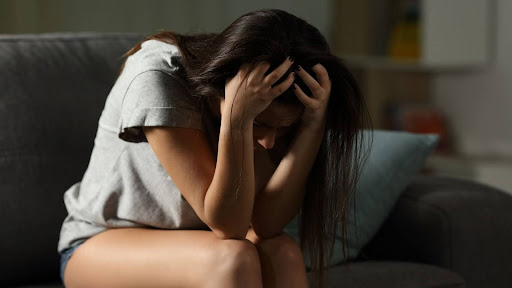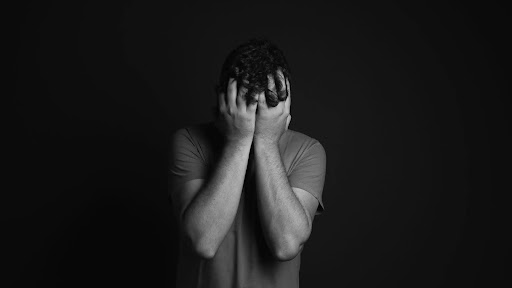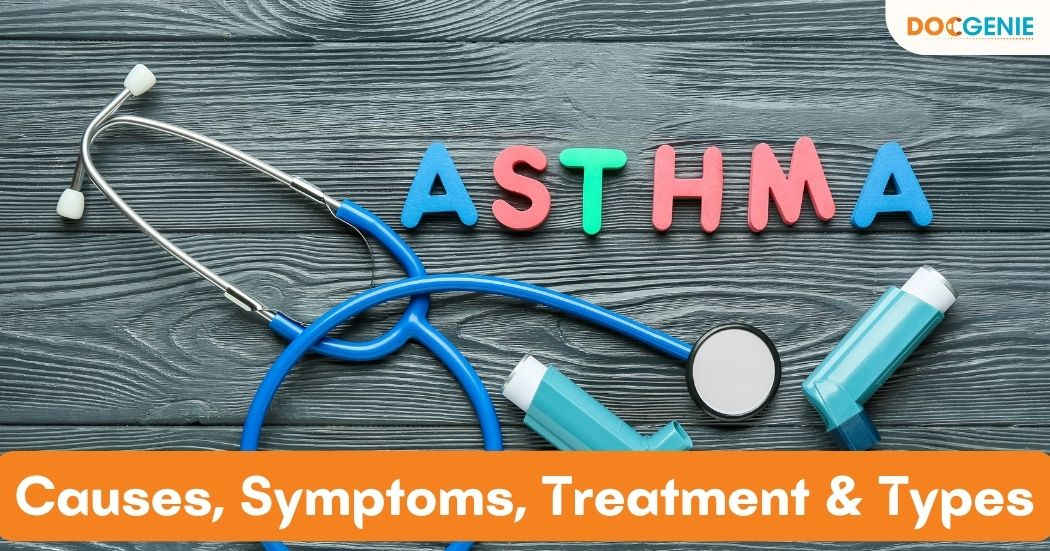Signs of Anxiety and Depression You Shouldn’t Ignore: An Indian Perspective
5 min read
By Dr Sandesh Pasumarthy — MD (Psychiatry), Fellowship in Sexology , Published on - 28 August 2025 Every week, I meet people who look absolutely fine on the outside—but inside, they’re struggling silently. From students in top colleges to busy moms and working professionals, anxiety and depression don’t discriminate.
Every week, I meet people who look absolutely fine on the outside—but inside, they’re struggling silently. From students in top colleges to busy moms and working professionals, anxiety and depression don’t discriminate.Why Mental Health Is a Big Deal in India Right Now
Mental health challenges like anxiety and depression are becoming more and more common in India, especially among youth, working professionals, and families trying to keep with society’s expectations.Yet, even today, many people stay silent because of stigma or simply not knowing what’s really going on. That silence often delays getting the help they truly need.
I recently met a bright young woman from Hyderabad. On the outside, she was doing everything right—great grades, hardworking, confident. But inside, she was struggling with anxiety that no one could see. Stories like hers are far too common.
That’s why it’s so important to talk openly about mental health. When we recognize the signs early and have honest conversations, we give ourselves—and our loved ones—a real chance to heal.
Recognizing Anxiety: More than Just Worry
 Anxiety is often misunderstood. It doesn’t always show up as panic attacks or obvious fear. For many people in India, it shows up in quieter, everyday ways that are often overlooked or misunderstood. You might be experiencing anxiety if you notice:
Anxiety is often misunderstood. It doesn’t always show up as panic attacks or obvious fear. For many people in India, it shows up in quieter, everyday ways that are often overlooked or misunderstood. You might be experiencing anxiety if you notice:- Persistent overthinking: Worrying about exams, work, family, or marriage that doesn’t seem to stop.
- Physical symptoms: Headaches, stomach discomfort, heart palpitations with no medical cause.
- Restlessness or irritability: Difficulty relaxing, snapping at loved ones, or feeling like you just can’t relax.
- Sleep disturbances: Trouble falling asleep or waking up feeling tired and drained.
- Social fears: Skipping public events, interviews, or family gatherings due to fear or embarrassment.
This blog will help you: How Yoga Practice Can Help You Deal with Anxiety
Understanding Depression: More Than Feeling Sad
 Depression isn’t always about crying or being visibly upset. In fact, many people silently carry the weight of it every single day, without anyone noticing. And sadly, in many Indian homes, these signs are often brushed off as “laziness” or “lack of willpower.” Real symptoms include:
Depression isn’t always about crying or being visibly upset. In fact, many people silently carry the weight of it every single day, without anyone noticing. And sadly, in many Indian homes, these signs are often brushed off as “laziness” or “lack of willpower.” Real symptoms include:- Persistent sadness or numbness, even during joyous occasions.
- Loss of interest in hobbies, sports, family gatherings, or eating your favourite food.
- Changes in appetite or weight - you might be eating too much, or not feeling hungry at all.
- Fatigue and low energy, making everyday tasks overwhelming.
- Harsh self-criticism, guilt, or feelings of worthlessness.
- Persistent thoughts of death or hopelessness.
When to Seek Professional Help
If you’ve been feeling low, anxious, or unlike yourself for more than two weeks, and it’s starting to affect your everyday life, it’s time to consider speaking to a professional.- Difficulty getting out of bed, attending school, work, or social events
- Struggling in relationships or withdrawing socially
- Thoughts of self-harm or suicide
Common Myths Busted
- “Mental illness affects only the rich or ‘modern’ people.”
In reality, mental health conditions affect people regardless of socioeconomic status. - “Men must be strong and not show emotions.”
Emotional vulnerability is human and essential to healing. - “Therapy is only for severe mental illness.”
Therapy helps a broad range of concerns, including stress, anxiety, and relationship issues.
Small Steps That Can Make a Big Difference
- Talk openly with someone you trust, whether family, friends, or a counselor.
- Avoid self-medicating or ignoring symptoms.
- Incorporate simple habits such as walking, mindfulness meditation, and journaling.
- Reach out to a mental health professional early - you don’t have to wait for things to get worse. Dr. Sandesh Pasumarthy offers expert, confidential consultations online through DocGenie.
- Use mental health apps cautiously, preferably under professional guidance.
- Educate yourself and others to reduce stigma and promote understanding.
Why Choose DocGenie and Dr. Sandesh Pasumarthy?
DocGenie is a trusted online healthcare platform that connects you with verified, highly qualified specialists like Dr. Sandesh Pasumarthy, MD Psychiatry and Sexology expert. Through DocGenie, you get confidential, convenient access to expert care from the comfort of your home—ensuring privacy, flexibility, and professional support tailored for Indian patients. Dr. Pasumarthy offers personalized consultations with a deep understanding of Indian cultural contexts and the mental health challenges faced by diverse communities.Learn More: 7 Ways to Reduce Mental Illness Stigma and Self-Care Tips
A Final Thought
You are not alone in this journey. Growing awareness and platforms like DocGenie ensure mental health care is accessible, affordable, and compassionate. If you recognize these signs in yourself or others, please take the crucial first step by consulting a trusted psychiatrist like Dr. Sandesh Pasumarthy on DocGenie.Together, we can break stigma, save lives, and build a mentally healthier India.
If you found this helpful, please share it and encourage open discussions about mental health in your community.
This post is authored by Dr. Sandesh Pasumarthy, a licensed psychiatrist and sexologist with over 10 years of experience, committed to providing expert mental health care with empathy and cultural sensitivity.



